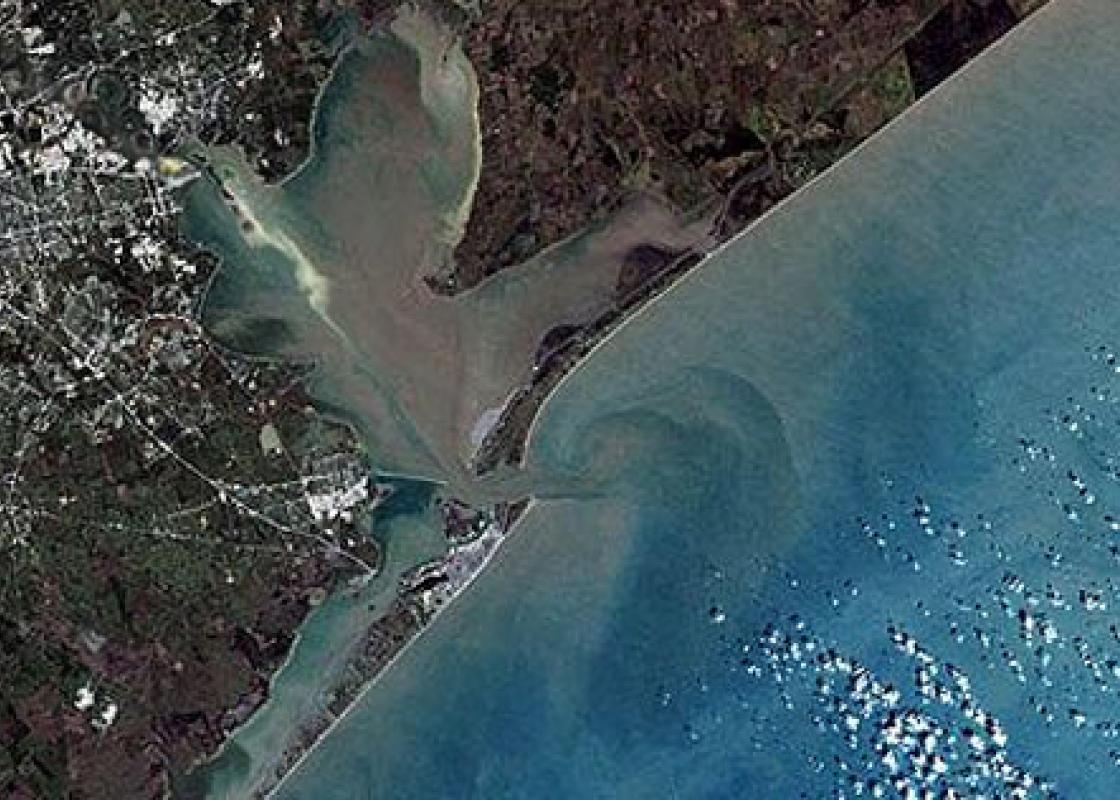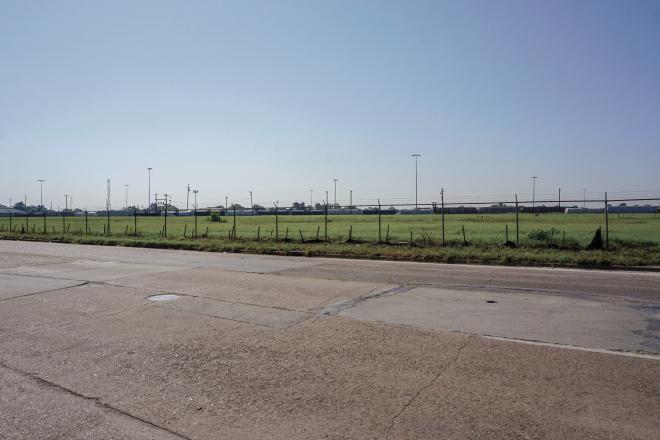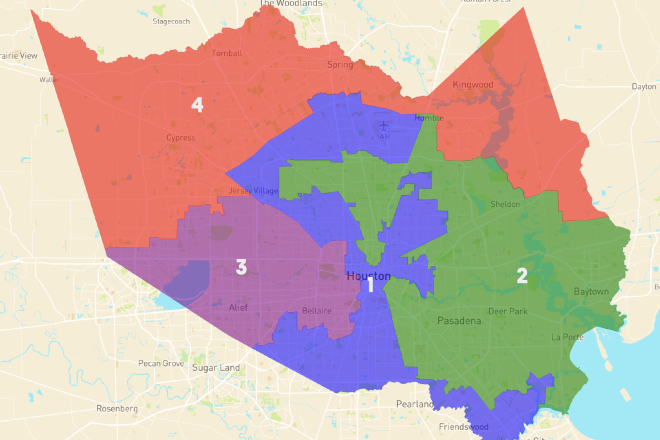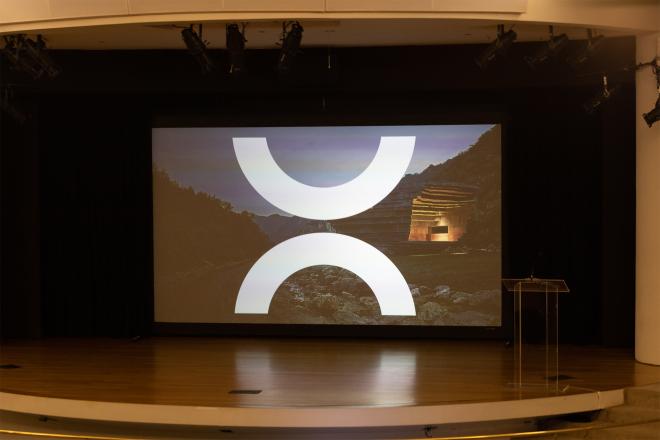
Galveston Bay, photo from United States Geological Survey, Wikimedia Commons
In this special series, OffCite focuses on water and waterways. If this interests you, be sure to check out the Rice Design Alliance civic forum, Water: Challenges Facing the Houston Region, Wednesdays August 24 and 31, 6:30 pm, The Museum of Fine Arts, Houston’s Brown Auditorium.
Last week, I led a discussion of Kwame Anthony Apiah's The Honor Code with a group of Rice University freshmen. In the book, Apiah explores moral revolutions. He finds that appeals to honor, not rational arguments, make the difference. When 19th-century British workers saw the trans-Atlantic slave trade as an affront to their own collective honor and when Chinese literati saw foot-binding as a source of national shame, those practices came to a rapid end. Appiah does not engage in this history as an academic exercise. He challenges us to use honor as a means to end injustices today.
In today's Houston Chronicle, John Jacob's op-ed decries our existing rates of water consumption. He focuses on an economic justification for conservation, but I'm going to recast his argument in terms of honor and morality.
Jacob is a scientist, an expert on water, and a professor in the Texas A&M University System. He writes:
One half of our municipal water supply is used to water lawns. One half! This is the low hanging fruit of conservation. Even a moderate attempt at conservation here could provide 10 percent to 15 percent in water savings. We know what to do: mow high, water only when grass starts to wilt, add plenty of compost, etc. We could also convert many of our landscapes to water-conserving and beautiful native and adapted plants...
In addition, there is an important urbanizing trend that has a lot to do with how much water we use. Many more people now want to move into "walkable" communities---places where everything from the dry cleaners to the local cafe are within walking distance. Houses in these communities have very little or no lawn at all. For that reason alone we should consider encouraging or incentivizing this kind of urban pattern as a primary matter of water-supply policy.
Jacob doesn't explore in the limited space of his op-ed why we have such big lawns in the first place. Kids do play in lawns despite the ferocious ants and our not-so-soft varieties of grass down here. And there are barbecues. When I walk around, though, most of the lawns out there are for show. Well-kept, orderly lawns are used to signify well-kept, orderly residents. The single-family house framed by a grassy lawn represents the self-sufficient pioneer-spirit we honor in Texas. Yet, as Jacob points out, in times of drought, when we water lawns we are robbing the life in Galveston Bay the water needed to survive and hurting our own communities that rely on fishing. He writes, "After all, isn't a healthy Galveston Bay essential to who we are? Commercial and recreational fishing provide at least $3 billion annually to our economy. That's just what we can measure. There's are also intangible values like natural beauty that we want to be here for our children."
Is it moral to choose your lawn over the life in Galveston Bay? Is keeping a nice lawn honorable? Do you want your neighbors to think well of you for your grass or for being a good steward of the most precious resource we all share?
John Jacob will be participating in the second civic forum on water, Wednesday, August 31, 2011, 6:30 p.m., MFAH Brown Auditorium. For more information, click on Water: Challenges Facing the Houston Region.










